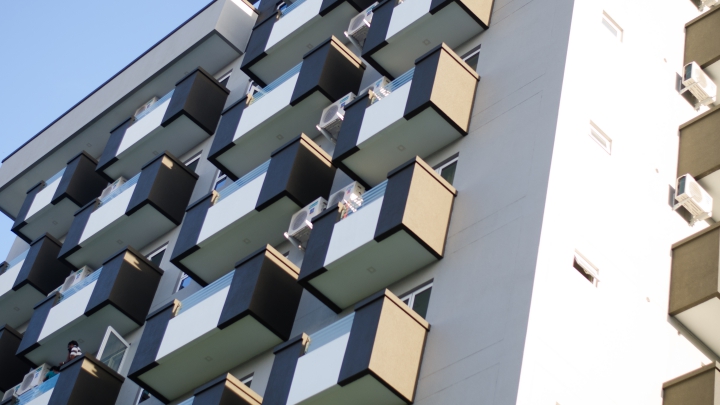Transparency Maldives (TM) has urged the heads of independent institutions to refrain from accepting “arbitrary gratuities” from the government.
The government awarded luxury flats at discounted prices last month to Supreme Court justices and four heads of independent bodies, including the Anti-Corruption Commission (ACC), in what it called an attempt to “ensure their integrity.”
The anti-corruption NGO won the inaugural ‘National Integrity Award’ introduced by the ACC and handed out at a ceremony held last night to mark the first national anti-corruption day. The auditor general’s office was the other recipient of the award.
“While Transparency Maldives appreciates the efforts to acknowledge our core values and community services, we reiterate that upholding the integrity of independent institutions is an integral mandate of high ranking public posts in these independent institutions,” the NGO said in a statement today.
“As such, we call upon the heads of independent institutions to refrain from accepting arbitrary gratuities from the government.”
TM also urged independent bodies to “safeguard from undue influence and allegations of bribery and corruption in order to uphold the value of integrity and increase public confidence in independent institutions.”
TM said the organisation is “honoured” to have the received the award and “appreciates the acknowledgement of integrity as a fundamental premise to a healthy society”.
Speaking at last night’s ceremony held on the island of Kulhudhufushi in Haa Dhaal atoll, ACC president Hassan Luthfy reportedly said that loopholes in the law posed difficulties in investigating corruption allegations and securing convictions.
He called on MPs to pass a criminal procedures code and an evidence law and include ‘illicit enrichment’ as an offence in the new penal code.
In 2014, the commission concluded 783 investigations and forwarded 35 cases for prosecution, seeking to recover MVR1.4 million (US$90,791) owed to the state.
“Gratuities”
Luthfy confirmed to Minivan News last month that he had signed a contract to buy one of the apartments at the discounted price.
Flats were also awarded to all five Supreme Court justices, the prosecutor general, the commissioner general of customs, and the information commissioner.
While the state can provide privileges to state officials “based on need and limited to the duration of employment of individuals”, TM noted at the time that the flats are “permanently contracted by the executive to public officials holding time-bound positions of the state”.
“The offering of arbitrary privileges to public officials holding high-ranking positions and the acceptance of such privileges will undermine public trust in these institutions,” the NGO warned.
“TM also notes that upholding integrity in the performance of high-ranking public posts is an integral and core mandate of such positions, and should not be incentivised through handouts of property or other forms of personal enrichment.”
However, the government has defended its decision to offer discounts on the flats.
Tourism minister Ahmed Adeeb told the press that the apartments were awarded to “ensure the integrity of independent institutions”.
“The flats were not handed out. The recipients have to pay for them. This will result in ensured integrity of independent institutions and, moreover, it will strengthen the state,” he said.

